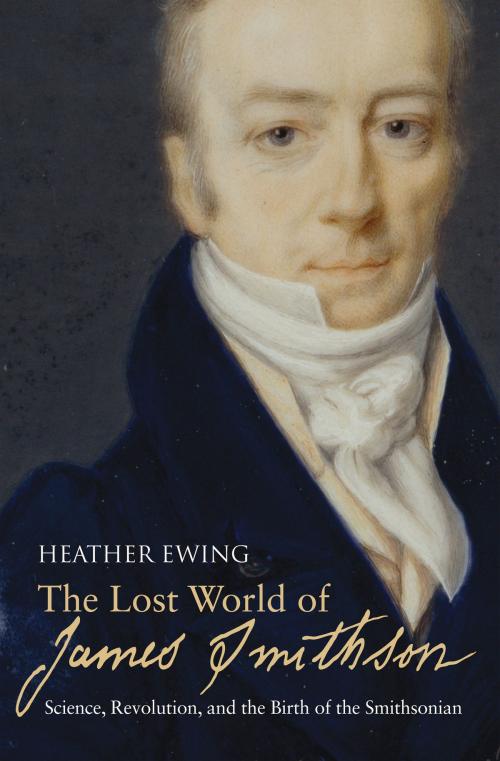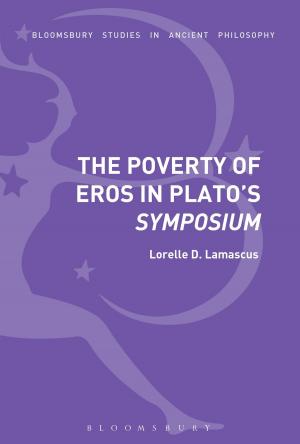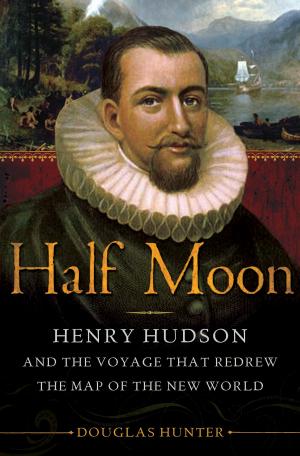The Lost World of James Smithson
Science, Revolution, and the Birth of the Smithsonian
Biography & Memoir, Historical| Author: | Heather Ewing | ISBN: | 9781596917798 |
| Publisher: | Bloomsbury Publishing | Publication: | December 10, 2008 |
| Imprint: | Bloomsbury USA | Language: | English |
| Author: | Heather Ewing |
| ISBN: | 9781596917798 |
| Publisher: | Bloomsbury Publishing |
| Publication: | December 10, 2008 |
| Imprint: | Bloomsbury USA |
| Language: | English |
In the mid-1830s, the United States learned that it was the beneficiary of a strange and unprecedented bequest. An Englishman named James Smithson, who had never set foot in the U.S., had left all his fortune to found in Washington "an establishment for the increase and diffusion of knowledge among men." He left no further instructions, and the questions surrounding the extraordinary bequest sparked a rancorous decade-long debate in Congress.
Since its founding in 1846, the Smithsonian Institution has grown into the largest museum and research complex in the world. Known as "the Nation's Attic," it is the keeper of many of America's most treasured cultural icons-the Star-Spangled Banner, the Spirit of St. Louis, Lincoln's top hat, and Dorothy's ruby slippers. At its heart, however, has always been the mystery of its enigmatic benefactor.
Drawing on unpublished letters and diaries from archives across Europe and the United States-including the entirety of the Smithsonian's archive-Heather Ewing paints the fullest picture to date of James Smithson and his compelling story. The illegitimate son of the first Duke of Northumberland, Smithson was born into the world of the ancien regime, where birth and name meant everything. He found a new future in science, the closest thing the eighteenth century had to a meritocracy. Against a backdrop of war and revolution, Smithson and his friends, who included many of the most famous scientists of the age, burst through boundaries at every turn, defying gravity in the first hot air balloons, upending the biblical timeline with their geological finds, and exploring the realm of the invisible with the discovery of new gases.
In the mid-1830s, the United States learned that it was the beneficiary of a strange and unprecedented bequest. An Englishman named James Smithson, who had never set foot in the U.S., had left all his fortune to found in Washington "an establishment for the increase and diffusion of knowledge among men." He left no further instructions, and the questions surrounding the extraordinary bequest sparked a rancorous decade-long debate in Congress.
Since its founding in 1846, the Smithsonian Institution has grown into the largest museum and research complex in the world. Known as "the Nation's Attic," it is the keeper of many of America's most treasured cultural icons-the Star-Spangled Banner, the Spirit of St. Louis, Lincoln's top hat, and Dorothy's ruby slippers. At its heart, however, has always been the mystery of its enigmatic benefactor.
Drawing on unpublished letters and diaries from archives across Europe and the United States-including the entirety of the Smithsonian's archive-Heather Ewing paints the fullest picture to date of James Smithson and his compelling story. The illegitimate son of the first Duke of Northumberland, Smithson was born into the world of the ancien regime, where birth and name meant everything. He found a new future in science, the closest thing the eighteenth century had to a meritocracy. Against a backdrop of war and revolution, Smithson and his friends, who included many of the most famous scientists of the age, burst through boundaries at every turn, defying gravity in the first hot air balloons, upending the biblical timeline with their geological finds, and exploring the realm of the invisible with the discovery of new gases.















